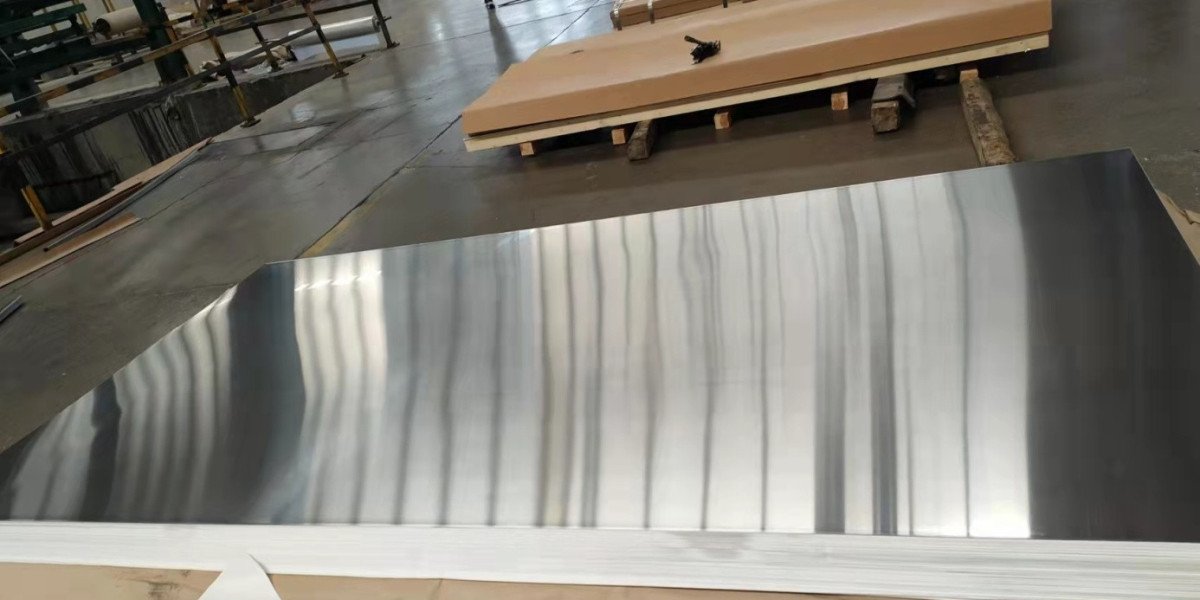When you think about wholesale markets, what usually comes to mind? Bulk packaging, low-cost items, maybe mass production, right? Well, times are definitely changing. More and more retailers and wholesalers are leaning toward eco-friendly products, and this trend is not just a marketing gimmick—it’s becoming a real shift in the way people shop and businesses operate.
Why Eco-Friendly Wholesale Is Gaining Momentum
Honestly, five or ten years ago, "eco-friendly" and "wholesale" in the same sentence would've raised eyebrows. After all, wholesale is traditionally linked to high-volume production and affordability, not sustainability. But consumers today are way more aware. They read labels, check product origins, and care deeply about what they buy—even in bulk.
According to a recent report from Forbes (source), sustainable practices are no longer a niche interest; they’re a necessity. Brands that fail to adapt to eco-conscious demands risk losing a large portion of their customer base, especially millennials and Gen Z shoppers who prioritize ethical and sustainable choices.
This awareness trickles down to the wholesale market as well. Businesses that supply other retailers can't afford to ignore this shift. In fact, some wholesalers are finding that their eco-friendly lines are becoming top sellers, pushing traditional products to the side.
The Benefits of Going Green for Wholesale Suppliers
The benefits for suppliers and retailers alike are hard to ignore:
Long-Term Cost Savings
Yes, producing sustainable goods can initially cost more, but in the long run, businesses save money through energy efficiency, reduced packaging waste, and lower transportation costs (lighter, more compact shipments).Customer Loyalty
Brands that show a genuine commitment to the environment build trust. And trust turns into repeat customers. Many consumers are even willing to pay a bit more for items they know are responsibly made.Regulatory Compliance
Countries across the globe are tightening regulations on sustainability. Companies that start adjusting now won’t get caught off guard when new laws hit.Competitive Advantage
Let’s face it: being an early adopter of sustainability gives any business a leg up over competitors who are slow to adapt.
Popular Eco-Friendly Wholesale Products
So, what kinds of products are driving this green wave? It’s actually pretty varied:
Biodegradable packaging materials: Wholesalers are ditching plastic for cornstarch-based or paper-based wraps.
Reusable bags and containers: Retailers bulk order these to replace single-use plastics.
Natural fiber clothing: Organic cotton and hemp garments are hot sellers, especially in boutique retail chains.
Sustainable kitchenware: Bamboo cutlery, beeswax wraps, and glass storage containers are rising in demand.
Eco-friendly cleaning supplies: Concentrated detergents, refillable bottles, and non-toxic cleaning agents are becoming must-haves.
Interestingly, eco-friendly items are proving popular not just in grocery and lifestyle niches but also in electronics, automotive, and office supply sectors.
Challenges Facing Eco-Friendly Wholesale
But let’s be real: going green at the wholesale level isn't all sunshine and roses. Some of the common hurdles include:
Higher upfront costs: Sustainable materials and ethical labor practices usually cost more initially.
Supply chain complications: Sourcing ethical raw materials can be complex, especially for global wholesalers.
Market skepticism: Some buyers suspect "greenwashing" (fake eco-claims), so suppliers must prove authenticity through certifications and transparency.
Yet, these challenges are pushing companies to innovate faster. What used to be a niche offering is becoming mainstream because, simply put, the demand is impossible to ignore.
Real-Life Example: Retailers Are Already Shifting
A great example of this shift is detailed in this article: How Sustainable Wholesale Products Are Changing the Market. The piece dives into how certain wholesale suppliers are making big changes—not only to their products but to their entire business models—to meet eco-demands.
The takeaway? Eco-friendly wholesale is no longer an optional add-on; it’s becoming the core of many supplier operations.
What Can Small Retailers Do?
You might be wondering: “But what about small retailers? Can they tap into this eco-trend without breaking the bank?”
Absolutely.
Start Small: Swap out plastic bags for paper or reusable ones.
Source Local: Reducing transport miles lowers your carbon footprint and may cut costs.
Educate Customers: Many shoppers are willing to support sustainable efforts if they understand their value. Simple signage or social media posts can make a difference.
Choose Verified Suppliers: Make sure your wholesaler offers third-party certifications like Fair Trade, FSC, or USDA Organic.
The Bottom Line
Eco-friendly wholesale isn't a passing phase—it’s becoming the standard. Retailers who ignore this trend risk falling behind as more businesses and consumers demand sustainable options. Even if the transition seems daunting, starting small and working with trusted suppliers can put any business on the right track.
So next time you're placing a wholesale order, ask yourself: Is this the most sustainable option? Your customers (and the planet) will thank you for it.
Final Thought:
Want more insights like this? Check out Forbes' feature on sustainability in retail—a trusted resource on the latest market trends.
 AdBlock Detectado
AdBlock Detectado








